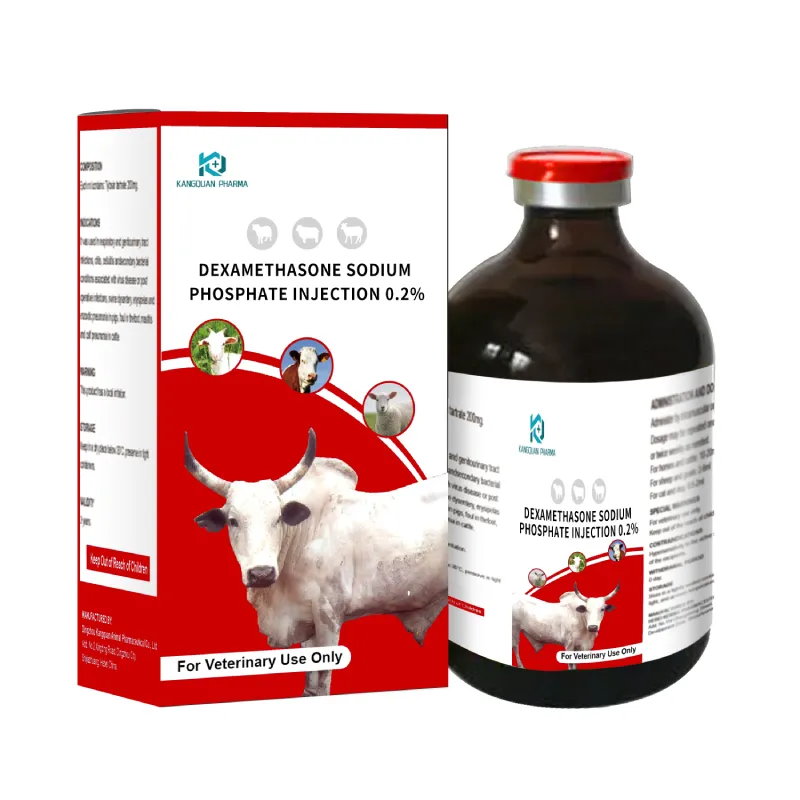- Afrikaans
- Albanian
- Amharic
- Arabic
- Armenian
- Azerbaijani
- Basque
- Belarusian
- Bengali
- Bosnian
- Bulgarian
- Catalan
- Cebuano
- Corsican
- Croatian
- Czech
- Danish
- Dutch
- English
- Esperanto
- Estonian
- Finnish
- French
- Frisian
- Galician
- Georgian
- German
- Greek
- Gujarati
- Haitian Creole
- hausa
- hawaiian
- Hebrew
- Hindi
- Miao
- Hungarian
- Icelandic
- igbo
- Indonesian
- irish
- Italian
- Japanese
- Javanese
- Kannada
- kazakh
- Khmer
- Rwandese
- Korean
- Kurdish
- Kyrgyz
- Lao
- Latin
- Latvian
- Lithuanian
- Luxembourgish
- Macedonian
- Malgashi
- Malay
- Malayalam
- Maltese
- Maori
- Marathi
- Mongolian
- Myanmar
- Nepali
- Norwegian
- Norwegian
- Occitan
- Pashto
- Persian
- Polish
- Portuguese
- Punjabi
- Romanian
- Russian
- Samoan
- Scottish Gaelic
- Serbian
- Sesotho
- Shona
- Sindhi
- Sinhala
- Slovak
- Slovenian
- Somali
- Spanish
- Sundanese
- Swahili
- Swedish
- Tagalog
- Tajik
- Tamil
- Tatar
- Telugu
- Thai
- Turkish
- Turkmen
- Ukrainian
- Urdu
- Uighur
- Uzbek
- Vietnamese
- Welsh
- Bantu
- Yiddish
- Yoruba
- Zulu
8 月 . 21, 2024 21:53 Back to list
Doxycycline Hyclate Dosage Guidelines for Canine Treatment and Care
Doxycycline Hyclate Dosage for Dogs A Comprehensive Guide
Doxycycline hyclate is a broad-spectrum antibiotic commonly used in veterinary medicine to treat a variety of infections in dogs. This medication belongs to the tetracycline class of antibiotics, which work by inhibiting bacterial protein synthesis, thereby effectively targeting a range of bacterial infections. Understanding the appropriate dosage and administration of doxycycline hyclate is essential for ensuring the safety and health of your pet.
Indications for Use
Doxycycline is typically prescribed for conditions such as respiratory infections, skin infections, urinary tract infections, and infections caused by tick-borne diseases like Lyme disease and ehrlichiosis. It can also be used to treat certain inflammatory conditions and may be included in treatment regimens for specific parasitic infections.
Determining the Correct Dosage
The appropriate dosage of doxycycline hyclate for dogs can vary based on several factors, including the dog’s weight, age, general health condition, and the type of infection being treated. Generally, the recommended dosage is around 5 to 10 mg per kilogram of the dog’s body weight, administered once or twice daily. For chronic conditions or more severe infections, a veterinarian may adjust the dosage accordingly.
A typical guideline suggests that for a medium-sized dog weighing around 10 kg (approximately 22 pounds), the dose may range from 50 mg to 100 mg per day, divided into two doses. It is crucial, however, for pet owners to consult with their veterinarian for a specific dosage tailored to their dog's individual needs. Overuse or incorrect dosing of doxycycline can lead to adverse effects and antibiotic resistance.
Administration of Doxycycline
doxycycline hyclate dosage dogs

Doxycycline is usually administered orally in the form of tablets or capsules. It is essential to ensure that the dog swallows the medication whole to avoid potential irritation to the esophagus. Giving the medication with food can help minimize gastrointestinal side effects, such as nausea or vomiting, which are common with doxycycline use.
When treating a dog with doxycycline, it is vital to complete the full course of treatment as prescribed by the veterinarian, even if symptoms improve before the medication is finished. Discontinuing the antibiotic prematurely can lead to a resurgence of infection and may contribute to antibiotic resistance.
Potential Side Effects
While doxycycline is generally safe for dogs, it can cause side effects in some cases. Common side effects include gastrointestinal upset, such as vomiting, diarrhea, and loss of appetite. In rare cases, more severe reactions can occur, including allergic reactions or photosensitivity, where the dog may develop a rash upon exposure to sunlight.
If a dog experiences any adverse effects, it is crucial to contact a veterinarian immediately. Additionally, doxycycline should not be given to puppies under the age of 8 weeks, as it can interfere with the development of their teeth and bones.
Conclusion
Doxycycline hyclate is a valuable tool in treating bacterial infections in dogs, but its safe and effective use hinges upon proper dosage and administration. Pet owners should work closely with their veterinarians to ensure their dogs receive the right amount of medication for their specific conditions. By adhering to professional guidance and monitoring their pets for side effects, owners can contribute to their dogs' recovery and overall health. Doxycycline, when used correctly, can be a significant ally in maintaining the well-being of our canine companions.
-
The Power of Radix Isatidis Extract for Your Health and Wellness
NewsOct.29,2024
-
Neomycin Sulfate Soluble Powder: A Versatile Solution for Pet Health
NewsOct.29,2024
-
Lincomycin Hydrochloride Soluble Powder – The Essential Solution
NewsOct.29,2024
-
Garamycin Gentamicin Sulfate for Effective Infection Control
NewsOct.29,2024
-
Doxycycline Hyclate Soluble Powder: Your Antibiotic Needs
NewsOct.29,2024
-
Tilmicosin Premix: The Ultimate Solution for Poultry Health
NewsOct.29,2024













